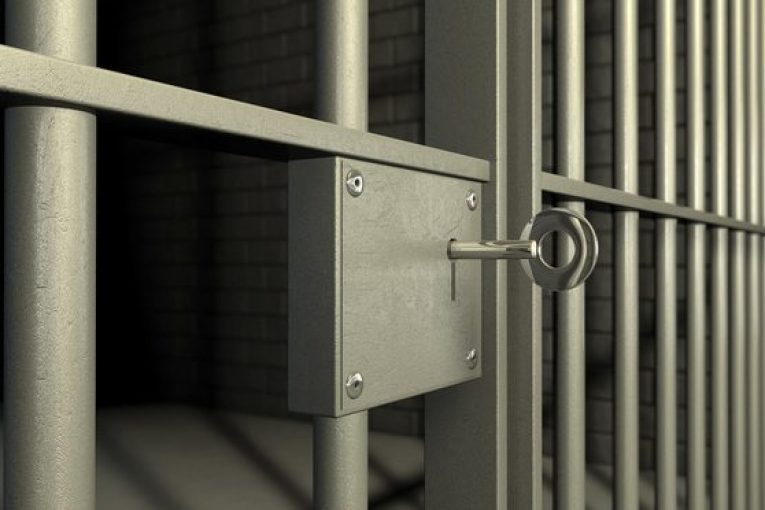

Today the state of New Jersey takes a major step toward relieving a potential human rights crisis by agreeing to release up to 1000 people from its jails—in what is being called the most significant action to date to address the risk of transmission in crowded and poorly maintained jails.
New Jersey Chief Justice Stuart Rabner signed the order on Sunday that will allow for the delay or suspension of county jail sentences for probation violations and municipal court convictions.
“The Office of the Attorney General, the County Prosecutors Association, the Office of the Public Defender, the American Civil Liberties Union of New Jersey having engaged in mediation before the Honorable Philip S. Carchman,” the order notes. The parties agreed “that the reduction of county jail populations, under appropriate conditions, is in the public interest to mitigate risks imposed by COVID-19.”
According to the order, no later than 6 am local time today, any inmate serving a county jail sentence as the condition of probation or the result of a municipal court conviction shall be released.
In addition they will also release any inmate serving for a violation of probation or a “a county jail sentence not tethered to a probationary sentence for a fourth-degree crime.”
The order would not apply to any inmate tested positive for COVID-19 or any inmate that does not wish to be release “based on safety, health, or housing concerns.”
Other conditions such as no-contact orders, driver’s licenses and obligations to report to probation still apply, and all inmates released must comply with all laws or risk re-arrest and  incarceration.
incarceration.
The ACLU-NJ reports that the “order could impact up to 1,000 people incarcerated in county jails.”
The prosecutor still has the ability to challenge “the release of specific individuals where they contend there exist significant risks to the person being released or to public safety.”
They note that the order “does not commute people’s sentences, but instead orders their temporary release during the COVID-19 public health crisis. At the conclusion of the emergency, judges will determine whether any sentences should be commuted.”
So, after the period of emergency ends, judges will determine whether any sentences should be commuted or whether people should serve their time.
It is believed that no other state has agreed to release such a large number of people in its jails—this despite growing concern across the board that jail populations are vulnerable and at risk from COVID-19.
Many public official officials warn that incarcerated people live in close quarters and lack having access to soap and hand sanitizer—which the CDC recommends for combatting the virus—as well as adequate medical care.
In addition, county jail populations are transient, with people frequently entering the jail from the outside and potentially transmitting the virus with them.
“Unprecedented times call for rethinking the normal way of doing things, and in this case, it means releasing people who pose little risk to their communities for the sake of public health and the dignity of people who are incarcerated,” ACLU-NJ Executive Director Amol Sinha said in a statement. “This is truly a landmark agreement, and one that should be held up for all states dealing with the current public health crisis.
“New Jersey has shown resiliency and a willingness to solve problems together, and every New Jerseyan should be proud of this agreement,” he said. “This is truly a landmark agreement, and one that should be held up for all states dealing with the current public health crisis. It shows the strength of New Jersey – that when a crisis hits, we can work together to weather through with justice and humanity.”
He added, “We also hope that the principles guiding this agreement – compassion, dignity, looking out for all people’s well-being – will play a larger role in criminal justice once this crisis abates.”
Mr. Sinha concluded: “The heroic efforts of employees of the Office of the Public Defender, both in their emergency representation of clients in the middle of a crisis and for their advocacy for people in jails generally through this order, truly embodies the spirit of why the Sixth Amendment provides a right to an attorney.”
The order coincides with heroic efforts from the Office of the Public Defender to secure the release of many of their clients from pretrial detention in county jails, the ACLU noted.
—David M. Greenwald reporting
To sign up for our new newsletter – Everyday Injustice – https://tinyurl.com/yyultcf9






